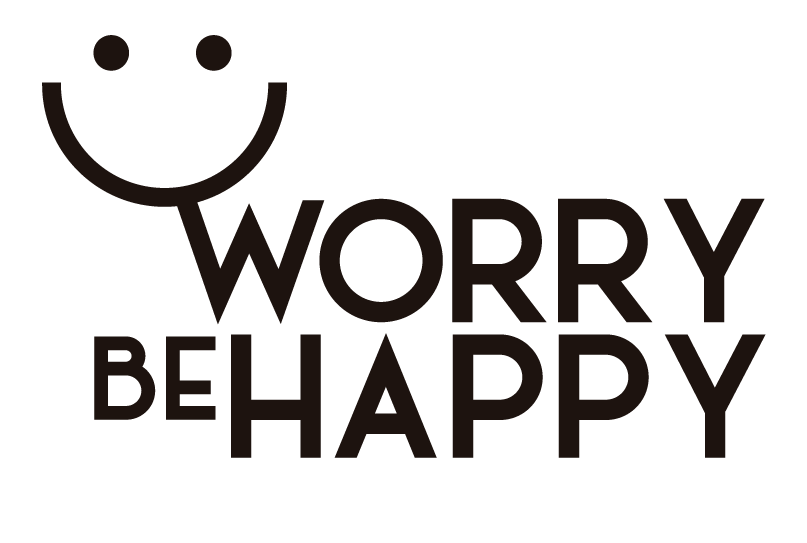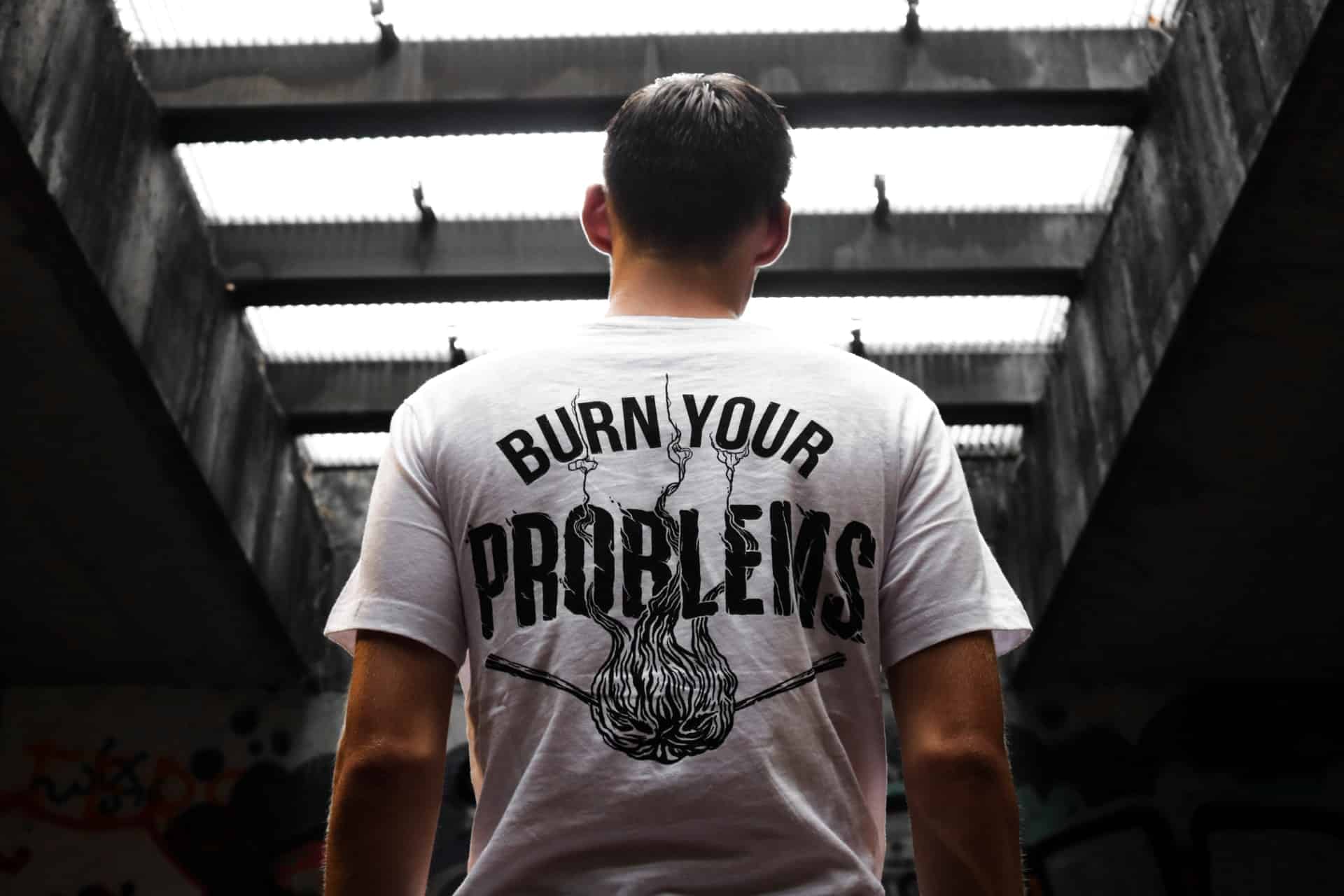We were born to solve problems.
If we take a look at our life, we have become "problem solvers".
We need to solve:
- How to eat,
- how to keep our jobs,
- how to educate our kids,
- how to help and love our partner,
- how to be happy,
- …
It’s just an endless list of items that we need to accomplish day by day in a non-stop race.
It’s pretty easy to get tired, feel overwhelmed, and be tempted to stop and throw everything away.
That’s because we identify those items as problems.
The language we use is critical to our brains. It will make us transform those words into thoughts. Afterward, we will somatize those ideas into feelings and sensations.
So, beware of your vocabulary because it defines your whole life.
Let’s start from the beginning.
We are not born to solve problems, as I said when beginning this article, because “problems” is a tough word. It quickly derives into negativity, and that’s one of the most important feelings we should avoid in our lives.
Negativity drives us to nowhere. Or even worse, to horrendous places.
I don’t see life based on optimism vs. pessimism. For me, it’s not the right approach. It’s not “the war” I would fight.
Optimistic or pessimistic people base their lives on how they see the future, and the future is unpredictable. That will drive you to frustration, bad moments, deceptions, and having to think about how to overcome hurdles you’ve created for yourself.
I prefer to base my life on positive vs. negative thinking. I don’t expect any from the future. I just focus on the present, see what’s going on, what the story is, and always choosing the positive perspective.
In my case, that’s what gives me the energy I need to overcome all the “circumstances” (not problems) I find out within my days.
Focusing on the present has been what really changed my life.
I was always expecting something, waiting for things to appear because I was supposed to be doing the right things. That doesn’t work, at least, for me.
Talking about COVID-19, for example, I had to manage a complicated situation with more than 40 employees in my different companies.
I didn’t expect anything about the future, and I don’t care. It could be 8 weeks or 8 years of isolation. I just have to be focused on today, what I have today, how the situation is today, and what I need to do to overcome today’s circumstances to survive.
Thinking about that strategy is the only moment in which I think in the future.
I always live on a long term basis, talking about goals, projects, and anything that I want to achieve in life. So the question is: with these circumstances…
- How can I be in 2–3 months from now?
- How do I achieve there?
- What milestones do I need to cover to arrive at that theoretical place?
Life is not a matter of being pessimistic or optimistic because optimism can drive you to a “candy world” that is unreal, that will never happen, that you can be expecting all your life.
And, if we move to the pessimistic area, it could be even worse. Pessimism limits your global perspective, you’re closing your eyes, you’re limiting yourself, creating barriers where maybe there’s none.
So, what’s the one&only tool to avoid all your problems in life?
Your brain.
We cannot believe we have problems. We just have situations we don’t like because our brains tell us so.
The moment we control our brain and decide how he has to manage information and situations is when growth appears, when you become a better person when you achieve that balance that every human being is searching for all his life.
Learning to control your brain is a skill you can develop. It’s not in your DNA. Your chromosomes or your education does not condemn you.
Takeaways
Here I will share just 2 tools that I consider are worthwhile to control your brain.
1. Stoicism/Mindfulness
Thanks to them, I learned to live in the present time totally.
I enjoy each second:
- A good conversation,
- a cup of coffee,
- a shower,
- a laugh,
- a smile from an unknown person,
- how I reacted to a bad situation,
- a WhatsApp from my son,
That’s life to live it intensely.
2. Being grateful
The second part is being grateful each second too.
We need to live and see how other people live:
- People who have no water.
- People who walk 15 miles away to get some water (and not the fresh one we usually drink).
- People who live in misery, always inside war times.
- Kids without school.
- Insecurity.
We have no right to complain at all. We have no problems. It’s not fair.
Whenever we accept our situation, we enjoy it, and we’re grateful for that. It’s then when we are on our way to fulfillment, which will drive us to that happiness sensation we all look for.
Happiness is just a lot of little tiny nice moments that we appreciate, put together.
Life’s as simple as that. As simple as you want to make it.
Photo at the top courtesy of sebastiaan stam on Unsplash.

